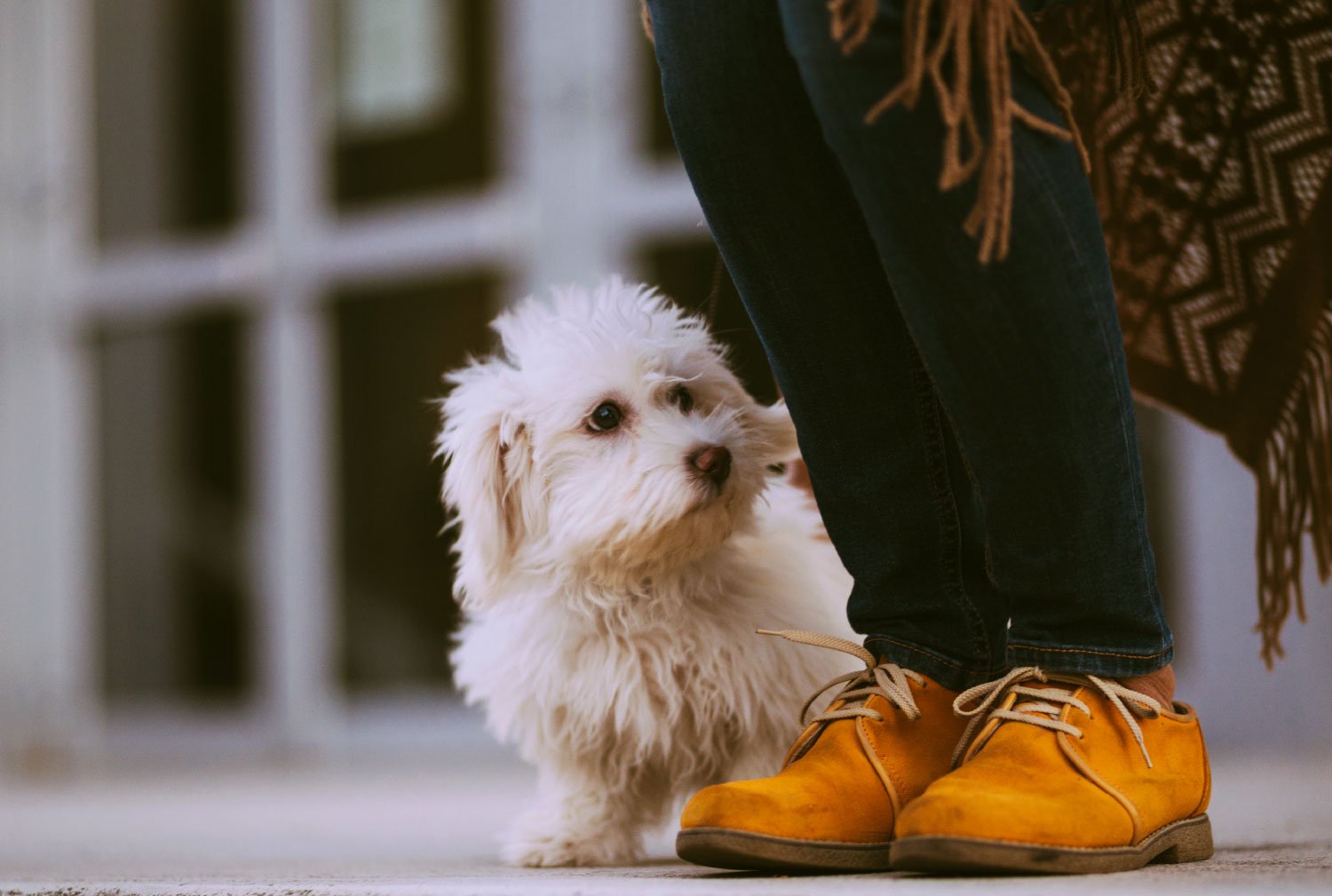THINGS WE DO

BOAS SURGERY FOR DOGS
At Evervet, we recognise your pets as cherished family members. Our family-operated veterinary group is committed to delivering exceptional care for your beloved pet, with a focus on addressing health issues like Brachycephalic Obstructive Airway Syndrome (BOAS) in dogs.
WHAT IS BOAS (Brachycephalic Obstructive Airway Syndrome)?
BOAS is a condition that occurs in brachycephalic dogs due to their anatomical abnormalities. It involves a combination of issues that obstruct the airways, including an elongated soft palate, narrow nasal openings, and a hypoplastic trachea. As a result, affected dogs may experience difficulty breathing, excessive snoring, exercise intolerance, and sometimes gagging or retching.

Symptoms of BOAS in Dogs
Recognising the signs of BOAS is crucial in ensuring timely treatment. Common symptoms of BOAS in dogs include:
Noisy breathing, especially during sleep or physical activity.
Rapid and shallow breathing.
Gagging or retching, particularly after eating or drinking.
Snoring and snorting sounds.
Regurgitation
Sleep Apnoea (including sleep with toy in mouth)
Reluctance to exercise or play due to breathing difficulties.
Cyanosis (blue or purple discolouration of the gums or tongue) in severe cases.
Diagnosing BOAS
If you notice any of the symptoms mentioned above in your furry companion, it is essential to seek veterinary care promptly. Our experienced veterinarians at Evervet will perform a comprehensive physical examination, including airway evaluation and imaging studies like X-rays or airway endoscopy, to diagnose BOAS accurately.

What is a Brachycephalic Dog?
Brachycephalic dogs are breeds characterised by their flat-faced appearance, such as French Bulldogs, Pugs, and Bulldogs. Their unique facial structure can lead to a condition called Brachycephalic Obstructive Airway Syndrome (BOAS) which primarily affects the upper airways. If left untreated, BOAS can significantly impact your dog's quality of life.
The distinct feature of Brachycephalic dogs is their shortened skull shape, resulting in compressed nasal passages and a smaller windpipe. This anatomical characteristic presents a significant challenge for them when it comes to normal breathing, especially during physical activities or in warm weather conditions.
While these breeds undoubtedly possess charming personalities, their physical traits make them more susceptible to respiratory difficulties and various other health issues.
BOAS Can Include (This list includes both Primary and Secondary problems)
Elongated +/- Thickened Soft Palate
Stenotic Nares (Nostrils)
Everted Laryngeal Saccules
Enlarged tonsils
Caudal Aberrant Turbinates
Enlarged tongue (Macroglossia)
Laryngeal Collapse
Hypoplastic Trachea

Treatments for BOAS
Fortunately, BOAS can often be effectively treated with surgery, which aims to alleviate the airway obstruction and improve your dog's breathing. The most common procedure performed is the BOAS surgery, which involves several corrective techniques, including shortening the soft palate, widening the nostrils, and, if necessary, expanding the trachea.
Soft Palate Resection
The soft palate is trimmed to allow better airflow through to the windpipe.
Removing too much soft palate can cause problems with swallowing so we tend to be conservative in the amount of soft palate we remove. This means that you may still hear your dog snore and snort.
Nares Widening
Widening the nostrils helps relieve the airway obstruction caused by narrow nostrils.
A small section of nostril was removed from each nostril and dissolvable sutures were placed to allow the nose to heal. It is important that your pet does not scratch their nose as this can cause the sutures to break down and the surgery to fail.
BOAS Surgery Recovery
After the BOAS surgery, your dog's recovery will require a period of careful monitoring and post-operative care such as:
Soft Food
Exercise Restriction
Keep indoors and Cool
Elizabethan Collar (Cone)
Feeding Small Meals More Often
Medication may be included to support your pet with pain relief, anti-nausea, mild sedatives to keep them calm and antibiotics.
Our compassionate team at Evervet will guide you through this process, ensuring your pet is comfortable and healing properly. You may notice improvements in your dog's breathing and overall well-being following the surgery.
Outcomes and Risks of BOAS Surgery
The outcomes of BOAS surgery in dogs can be very positive, with many dogs experiencing significant improvement in their breathing and overall quality of life. However, as with any surgical procedure, there are inherent risks involved. Our dedicated veterinary team will thoroughly assess your pet's health before surgery and take all necessary precautions to minimise potential risks. There are additional risks and potential complications associated with Brachycephalic Dogs that the veterinarian will take into consideration. These include:
Increased patient age
Increased body weight
Degree of BOAS, including stage of laryngeal collapse
Patients with other illnesses (eg heartdisease)
Stressed patients
For High Risk Patients
Although every anesthesia involves risks, our BOAS patients face a heightened risk during their recovery from anesthesia. This risk significantly increases in older, infirm, or overweight patients, particularly those already dealing with advanced laryngeal collapse.
The primary concern revolves around the potential for respiratory obstruction. For this reason, we maintain exceptional vigilance throughout their recovery and endeavor to keep their ET tube (breathing tube) in place for as long as it remains feasible.
If you suspect your dog may be suffering from BOAS or would like to learn more about BOAS surgery, reach out to our team today. Our caring and knowledgeable team is here to support you and your pet every step of the way.
MORE OF
WHAT WE DO

Be forever







